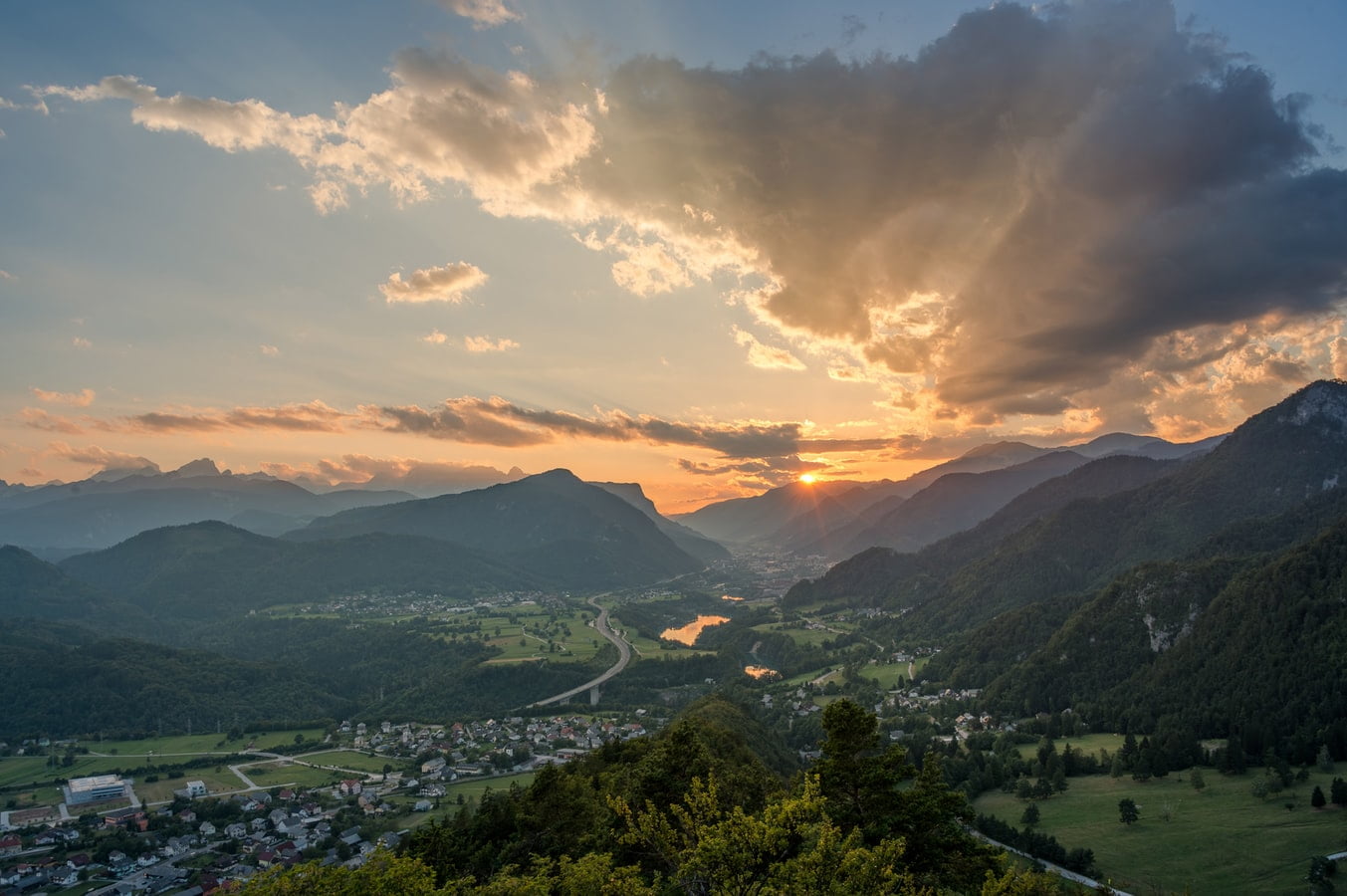Article 22 of the European Union’s Waste Framework Directive mandates that all EU Member States separately collect bio-waste from the 1st January 2024. It has been rightly identified as a key priority for governments, given that bio-waste makes up over a third of municipal waste in the EU and often mixed waste includes between 40-60% bio-waste. Yet there is no obligation from the EU on how to collect these materials, or advice on what the best collection models are for municipalities.
By 2025, the EU must recycle 55% of municipal waste, increasing to 65% by 2035. The fulfillment of this target is heavily dependent on governments’ ability to divert organics out of mixed waste through prevention initiatives first, or better collection for recycling models second. Despite this urgency, there remains a wide variety of collection and treatment models used across Europe. Often, municipalities are opting for open and locked street bins. These are easy to introduce and cheaper, but ultimately much less effective, with vastly higher contamination rates and lower quantities of waste collected. This is especially when compared to door-to-door separate collection schemes which are proven to deliver the best results for low contamination, higher quality composting and higher volumes of organic waste composted, rather than ending up in landfills or incinerators.
Therefore, this webinar comes at an urgent time. With just over 12 months until the mandatory deadline for organics collection in the EU, it is imperative that municipalities avoid locking themselves into poor performing systems that will not result in achieving our recycling goals. We will use this webinar to showcase how different cities are implementing some of Europe’s best systems for bio-waste collection and treatment, looking at how they did this and what can be done to replicate these successes elsewhere.
This webinar went into greater depth to address the following key questions and more:
- Which collections systems can deliver the necessary quantity of materials needed in order to meet our recycling targets in the EU?
- Do we need specific targets for the volume of bio-waste collected or the % of mixed waste that is bio-waste?
- What results do door-to-door collection models provide and how do they compare to street bins?
SPEAKERS’ PRESENTATIONS
Download Francesc’s Presentation Here
Download Martina’s Presentation Here

